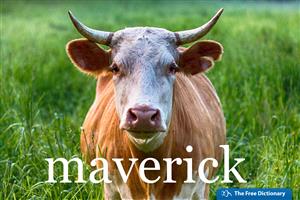The Farlex Grammar Book > English Spelling and Pronunciation > Common Mistakes and Commonly Confused Words > birth vs. berth
birth vs. berth
What is the difference between birth and berth?
The words birth and berth are both pronounced the same way: /bɜrθ/.
The more common term, birth, is primarily a noun referring to the act or process of being born or, by extension, ancestry, lineage, or origin. For example:
- “My son’s birth is still the happiest moment of my life.”
- “She’s been a really happy, placid child since birth.”
- “My grandfather was of Turkish birth.”
Berth, meanwhile, has a number of different meanings. It is also primarily a noun, but it means “sufficient space for a vessel or vehicle to maneuver, dock, anchor, or park”; “a built-in bed or bunk in a vessel or train”; “accommodations, as at a hotel”; or “a job or employment, especially on a ship.” For example:
- “Make sure you keep a wide berth of other boats around you.”
- “Seamen are not allowed any personal items in, on, or around their berths during leave.”
- “We eventually found a berth at an inn at the edge of town.”
- “He secured a berth working as a chef aboard the cruise liner.”
Berth is also used in the idiomatic phrase “give someone or something a wide berth,” meaning to stay away from or avoid someone or something, as in:
- “I recommend you give the boss a wide berth today—I think he’s in a foul mood.”
Spelling Tricks and Tips
Because berth is much less common in everyday speech and writing, it can be easy to use birth in its place by mistake. If you’re trying to determine which spelling is correct, just remember that one of the meanings of berth is “a bed,” so it is spelled with an E.
Get all volumes of The Farlex Grammar Book in paperback or eBook.

